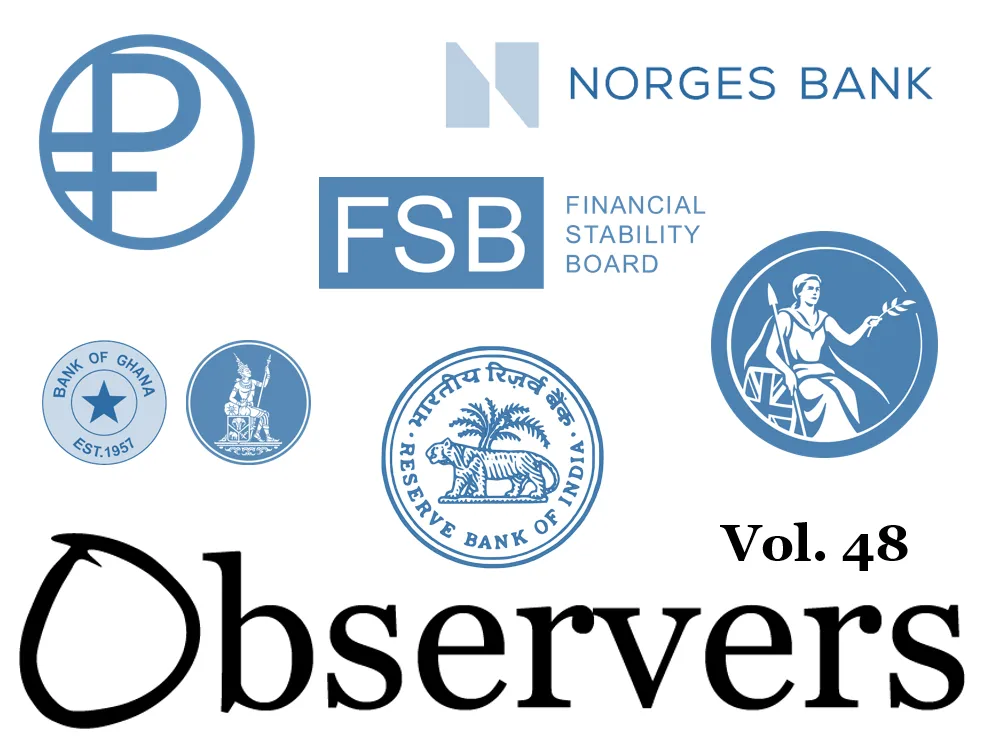Banking CBDC Roundup, CBDC, Digital ruble, India, Britcoin, Norway, Bank Of Ghana, Bank of Thailand, eCedi
Banking and CBDC Weekly Roundup: 28/10/2024
India is once again weighing up a crypto ban in order to boost adoption of the digital rupee, while the Russian regulator warns banks of penalties. A new report suggests tokenization has little risk of jeopardizing financial stability.

